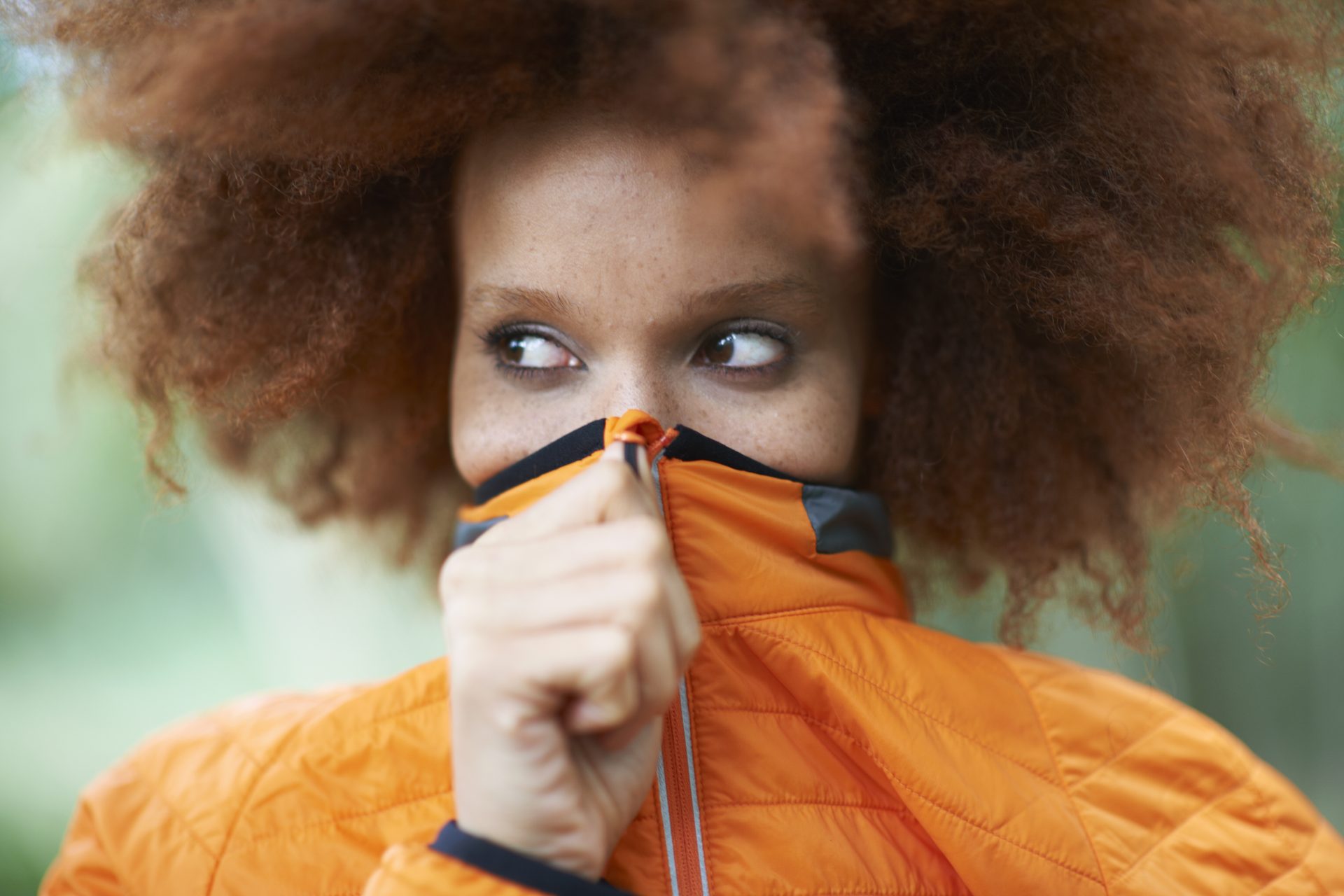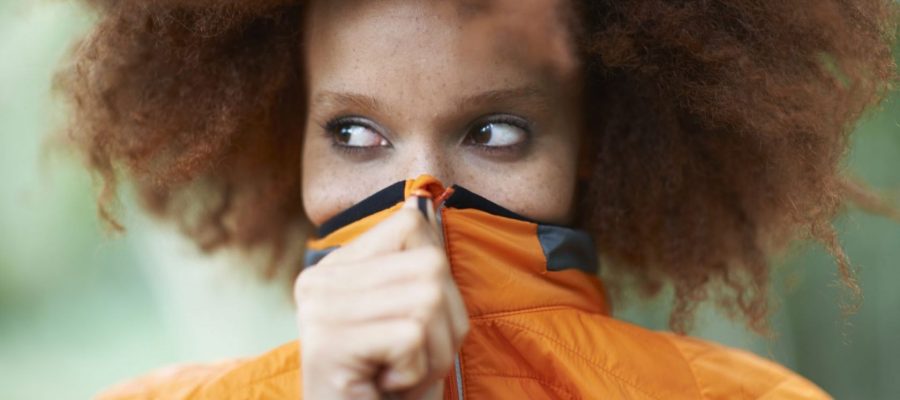Having a cold sore can be painful and irritating, but there are proactive ways to help prevent and treat them.
Cold, wintry days often go hand in hand with dry, chapped lips and the stress of trying to keep our immune systems robust against bugs.And if you get cold sores, you’ll also be watching out for the all-too-familiar tingle as the first one of the season rears its itchy head.
Before you know it, your lips are stinging, swelling and blistering. And while you might associate them with colder weather, they’re a year-round issue that can be triggered by a variety of factors.
You may also like
Do we really need more sleep during the colder months? Here's why you're more tired in the winter
Why do we getcold sores?
Cold sores are caused by the herpes virus, of which there are two types. HSV1 refers to facial skin blisters, while HSV2 is seen on the genitals and can be transmitted through sex. A really common occurrence, Nuffield Health reports that up to 70% of the UK population have HSV1.
Dr Mariano Spiezia, medical doctor, homeopath and founder of Inlight Beauty, tells Stylist: “This virus is extremely contagious and easily spreads through kissing. It’s likely that once you get it, you’ll have it for life.”
Can cold sores be cured?
So, the bad news is that once you have the HSV1 virus, it lies dormant in your system, and you can’t get rid of it. But, attacks can vary from person to person.
Cold sores tend to emerge if the virus is activated by infection.You may just get the odd one at times of stress or illness or experience recurrent cold sores throughout the year. And while the NHS website emphasises that they’re contagious from the onset of the first tingle until completely disappeared, it estimates that cold sores can take around 10 days to start healing.
But is there anything we can do to prevent cold sores from happening or to minimise their impact?

Four ways to manage cold sores if you’re prone to them
Think about stress levels
Naturopathic nutritionist Jess Shand tells Stylist: “Stress drives cold sores because it weakens the immune system and its ability to effectively fight infections, making you far more prone to cold sores appearing in the first place.”
Shand explains that a cold sore is your body’s warning sign that you need to pause and reduce your daily stress levels as much as you can. If you can do this, she says: “You will be calming your body down from the inside-out and therefore will be helping reduce your chances of cold sore flare-ups in the first place.”
Spiezia continues: “I also advise people to do lots of breathing exercises to increase oxygen and induce relaxation and mood balance.”
Focus on a nutrient-rich diet
Although ultimately it does come down to how strong your immune system is, looking after yourself and eating a nutrient-rich diet can help stop any viral infection from happening. Shand says we should aim to eat a rainbow at each mealtime as the more colour on our plate, the more nutrients.
“Focus on eating a balanced wholefood diet rich in vibrant nutrient-dense plants high in antioxidants, vitamin C (peppers, citrus fruits, tomatoes, cruciferous vegetables) and zinc (legumes, nuts and seeds),” Shand says.Plus, you could add in a multi-nutrient supplement, such as Wild Nutrition’s Food Grown Immune Support.
Spiezia adds that a mindful, healthy lifestyle is the best prevention, especially when taken “together with magnesium and antioxidants such as klamath algae, as all of these boost the immune system”.
You may also like
What does the term ‘spoonie’ mean? 5 women with chronic illnesses share how spoon theory helps them
Seek treatment
Cold sore patches work by covering the area, reducing the risk of it spreading and more than one appearing on your lips at a time. Meanwhile, they contain an active ingredient to help treat the cold sore and minimise inflammation. Similarly, there are over-the-counter creams to reduce the severity of a cold sore in its early stages.
In terms of natural cold sore soothing topical treatments, Shand suggests applying ice to the affected area to reduce inflammation. She also recommends lemon balm as a herb known for its anti-viral properties and its ability to reduce redness or inflammation and help speed up the healing process if you have a cold sore outbreak. “Tea tree oil and aloe vera gel will help too,” she adds.
However, if your cold sores are particularly painful, large or recurrent, it’s worth visiting your GP as they can prescribe antiviral tablets where needed.
Help your body heal
“If you do get one, increasing the lysine intake in your diet will help your body naturally heal from cold sore breakouts,” suggests Shand. “Lysine is an essential amino acid found in various foods and it is well-known for its cold sore healing properties, reducing the activity of arginine, which are amino acids required for the herpes simplex virus to replicate and spread,” she explains.
As lysine isn’t something the body naturally produces, Strand stresses that it can only come from food or supplements. Load up on lysine-rich foods like yoghurt, spirulina, apples, mangoes, apricots, pears, legumes such as black beans, chickpeas and edamame and grains like quinoa, amaranth and buckwheat.
Images: Getty
Source: Read Full Article
